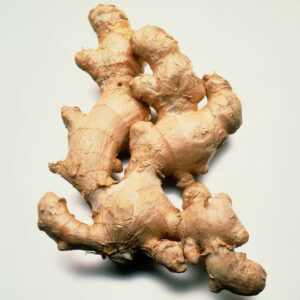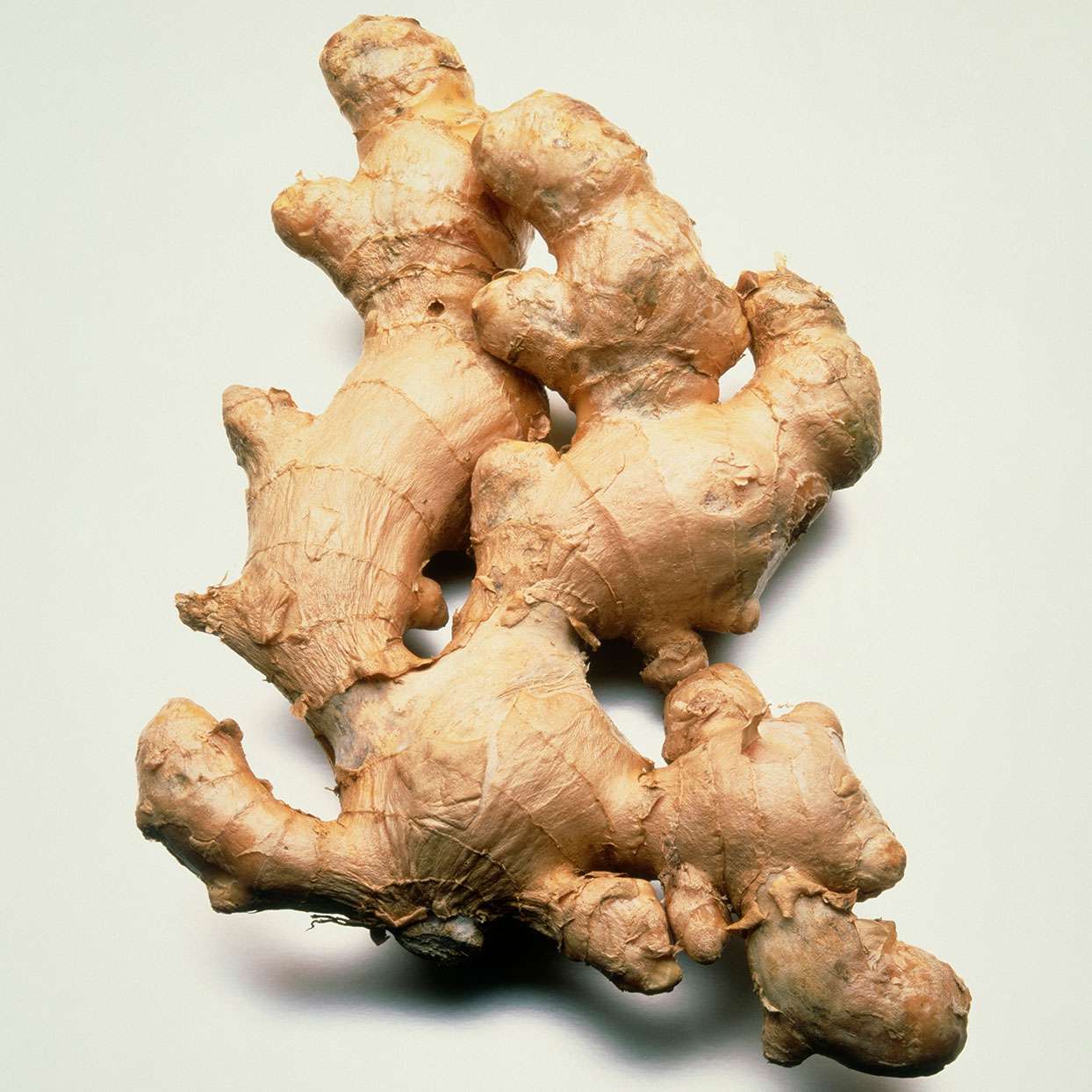
Ginger has multiple pharmacological actions that positively impact lung health. The bioactive components in ginger, such as gingerols, shogaols, and zingerone, exhibit strong anti-inflammatory properties by inhibiting the production of pro-inflammatory cytokines and mediators, thereby reducing airway inflammation often seen in conditions like asthma and bronchitis. Additionally, these compounds possess significant antioxidant activity, scavenging harmful free radicals and enhancing the activity of endogenous antioxidant enzymes, which protect lung tissues from oxidative damage.
Ginger also demonstrates mucolytic effects, helping to break down and thin mucus, facilitating easier expulsion from the respiratory tract. This action is particularly beneficial in conditions characterized by excessive mucus production, such as chronic bronchitis and chronic obstructive pulmonary disease (COPD). By reducing mucus viscosity, ginger helps in clearing the airways and improving breathing.
Moreover, ginger’s antimicrobial properties help combat respiratory infections by disrupting microbial cell membranes and inhibiting microbial enzymes. This makes ginger effective against a range of respiratory pathogens, including bacteria and viruses. Its bronchodilatory effects, mediated by the relaxation of airway smooth muscles and modulation of muscarinic receptors, further contribute to easier breathing, particularly for individuals with obstructive lung conditions like asthma.
Furthermore, ginger’s immunomodulatory effects enhance the activity of natural killer cells and balance the immune response, contributing to overall respiratory health. These immunomodulatory properties help in maintaining a robust immune defense against infections and in managing inflammatory responses in the lungs. Together, these pharmacological actions make ginger a valuable complementary approach to supporting lung function and managing respiratory conditions.
